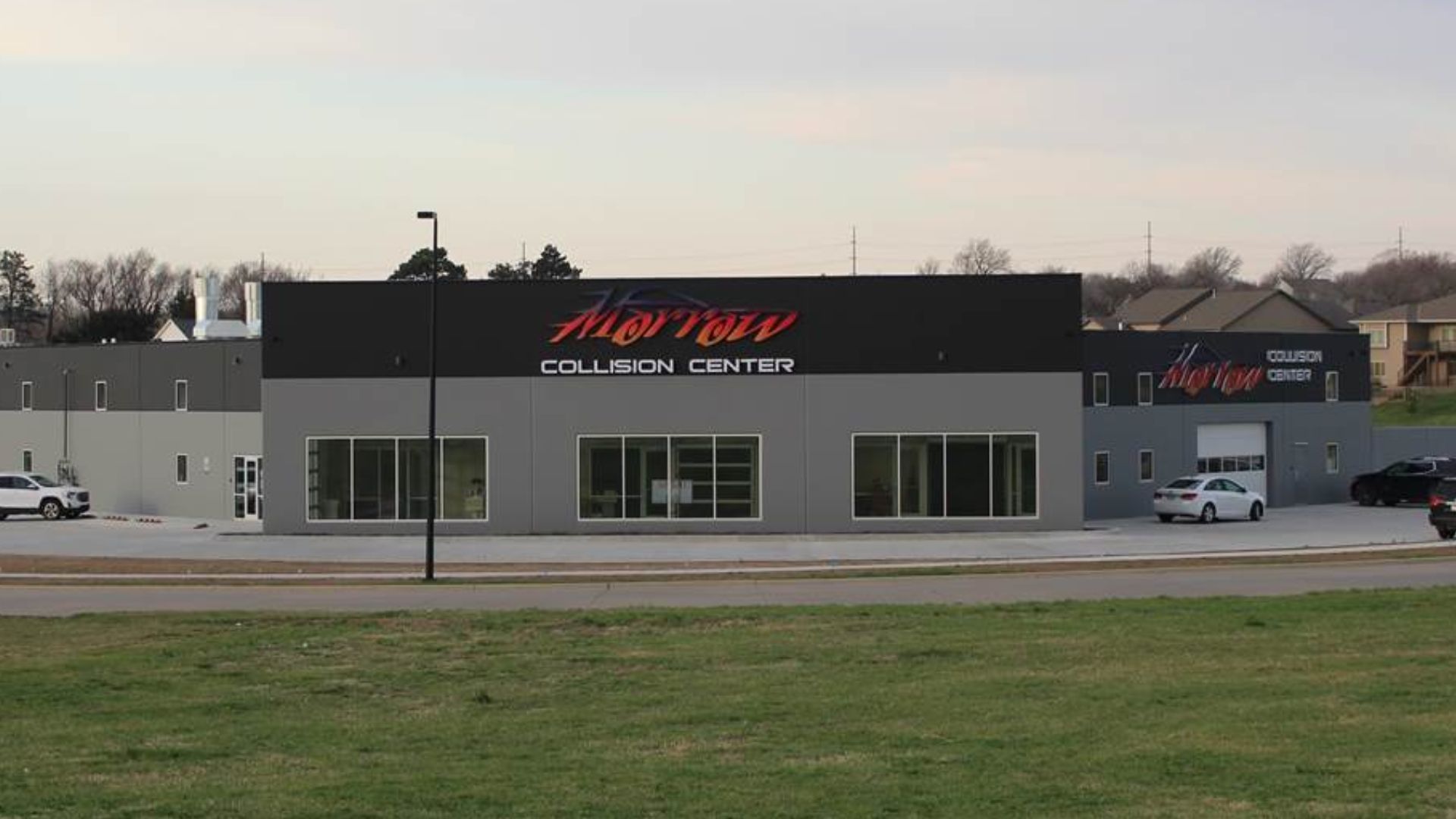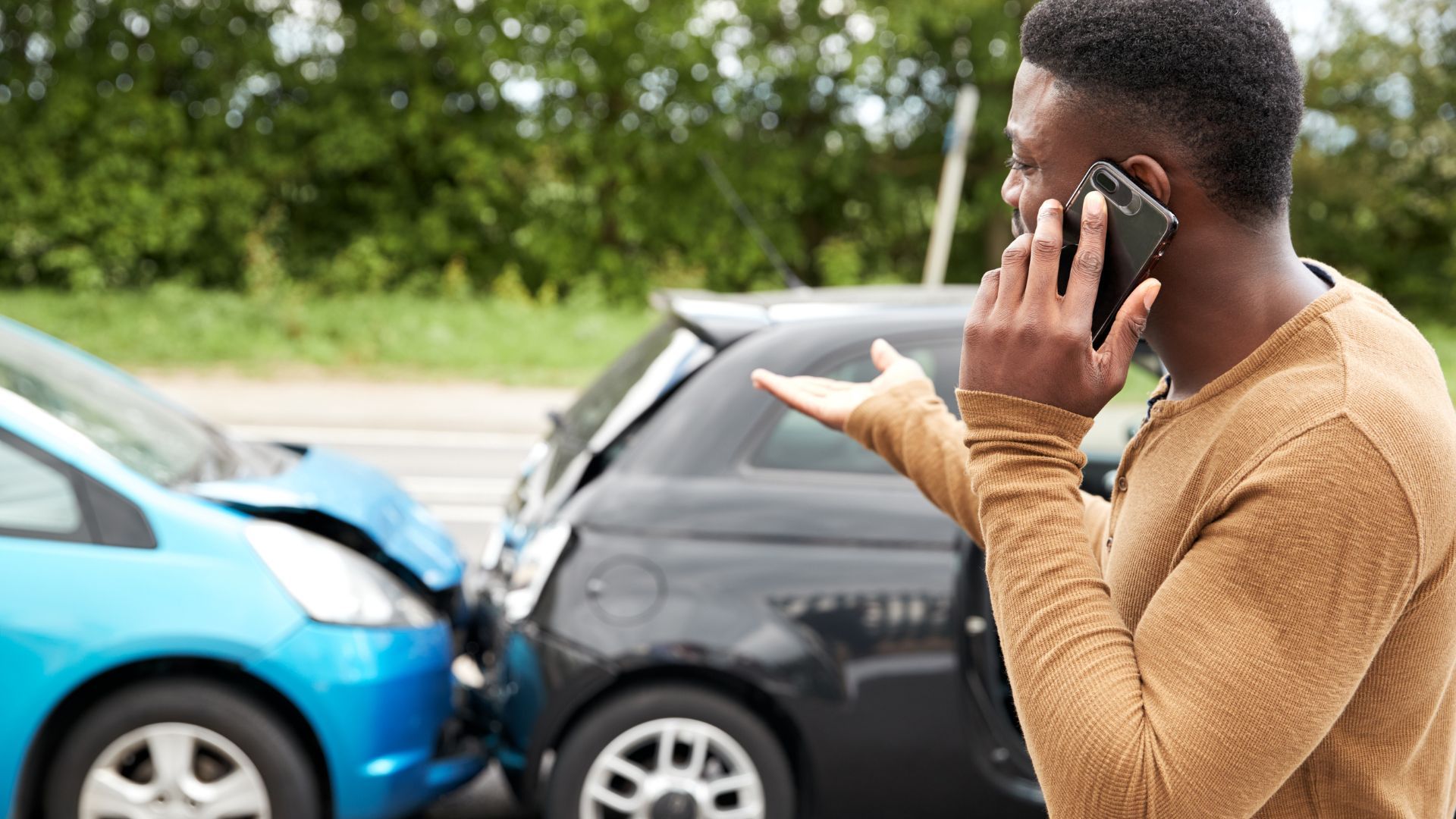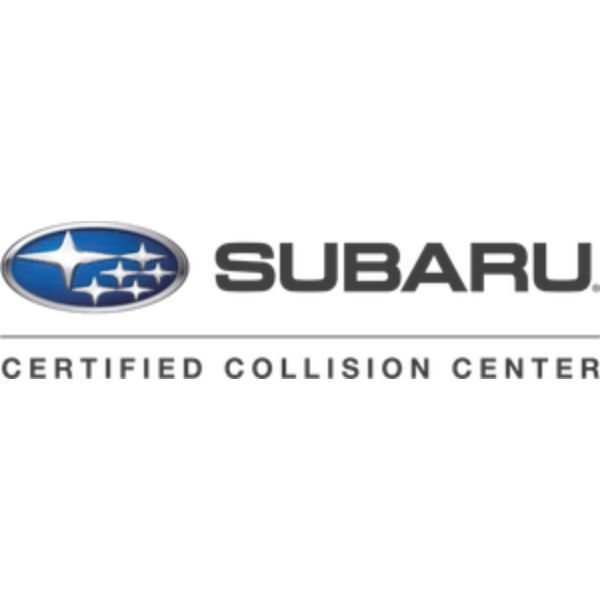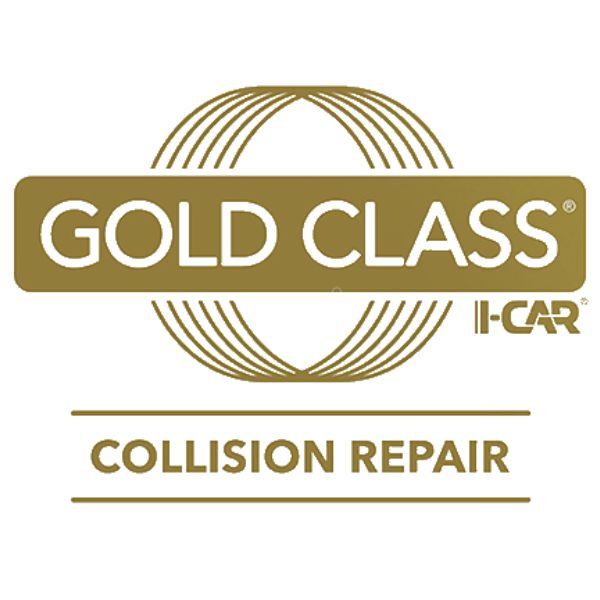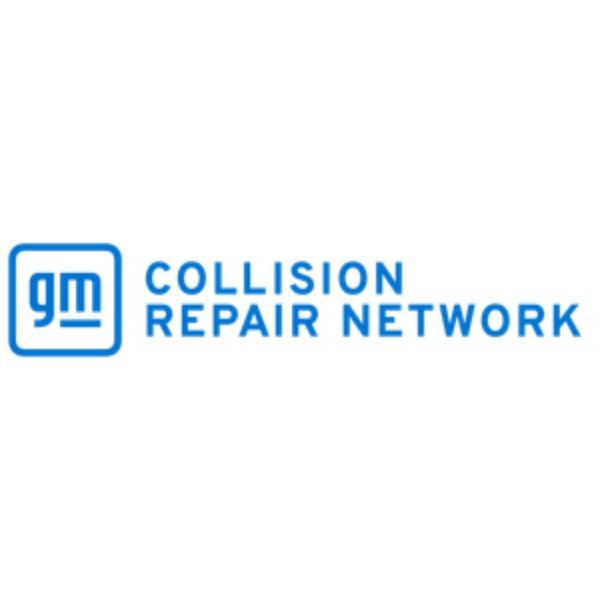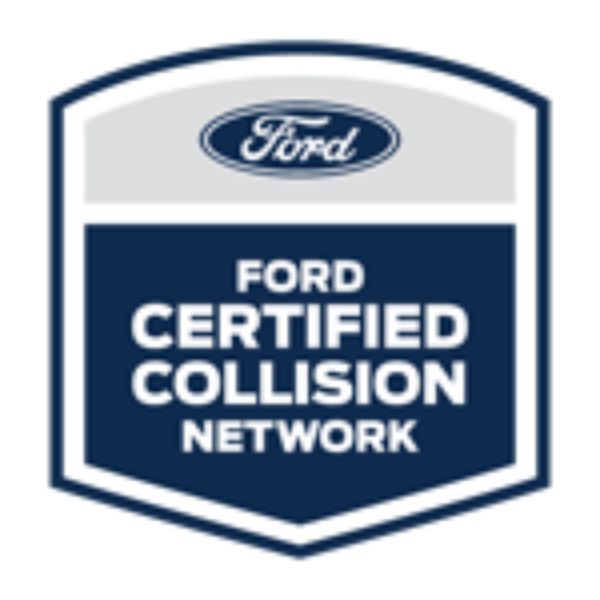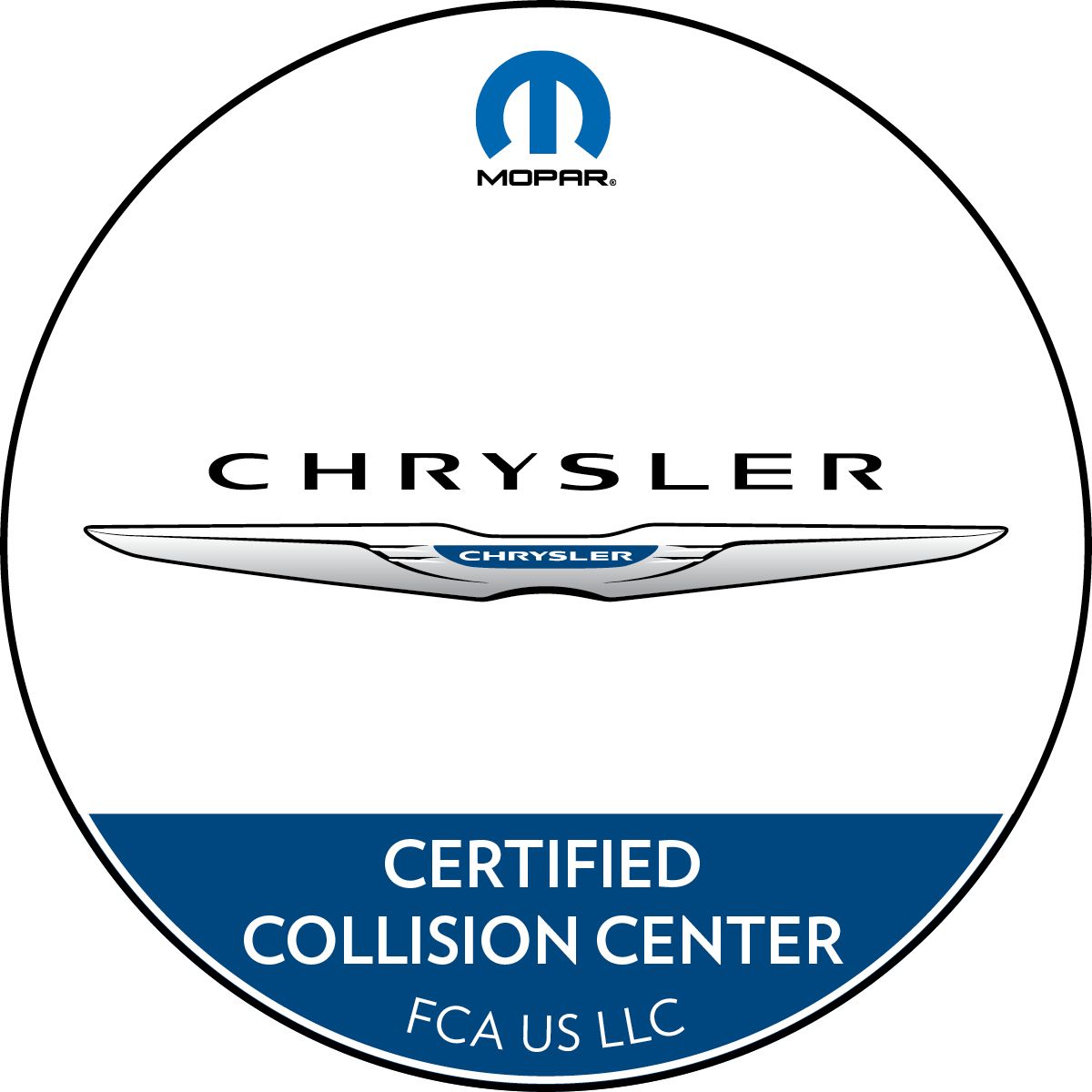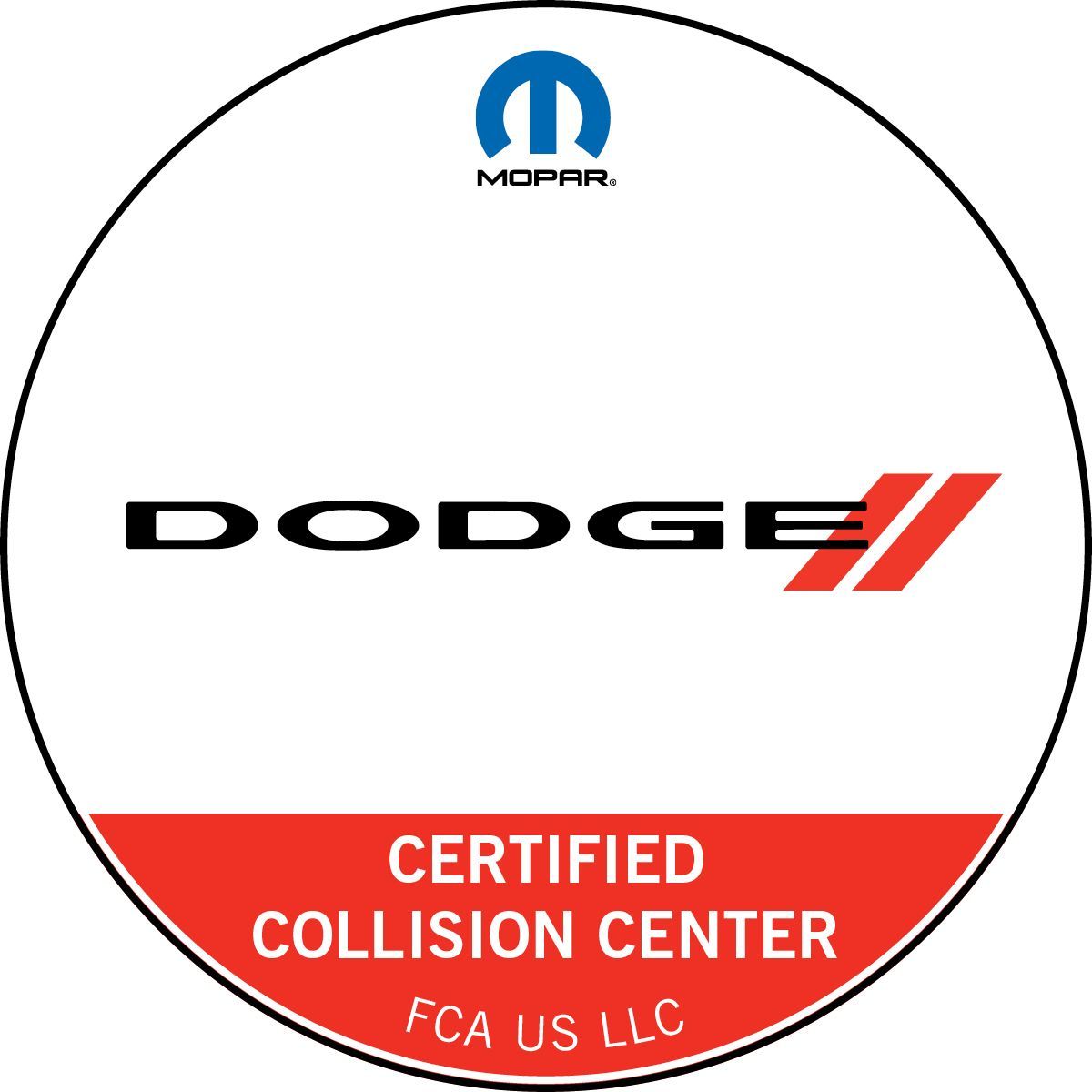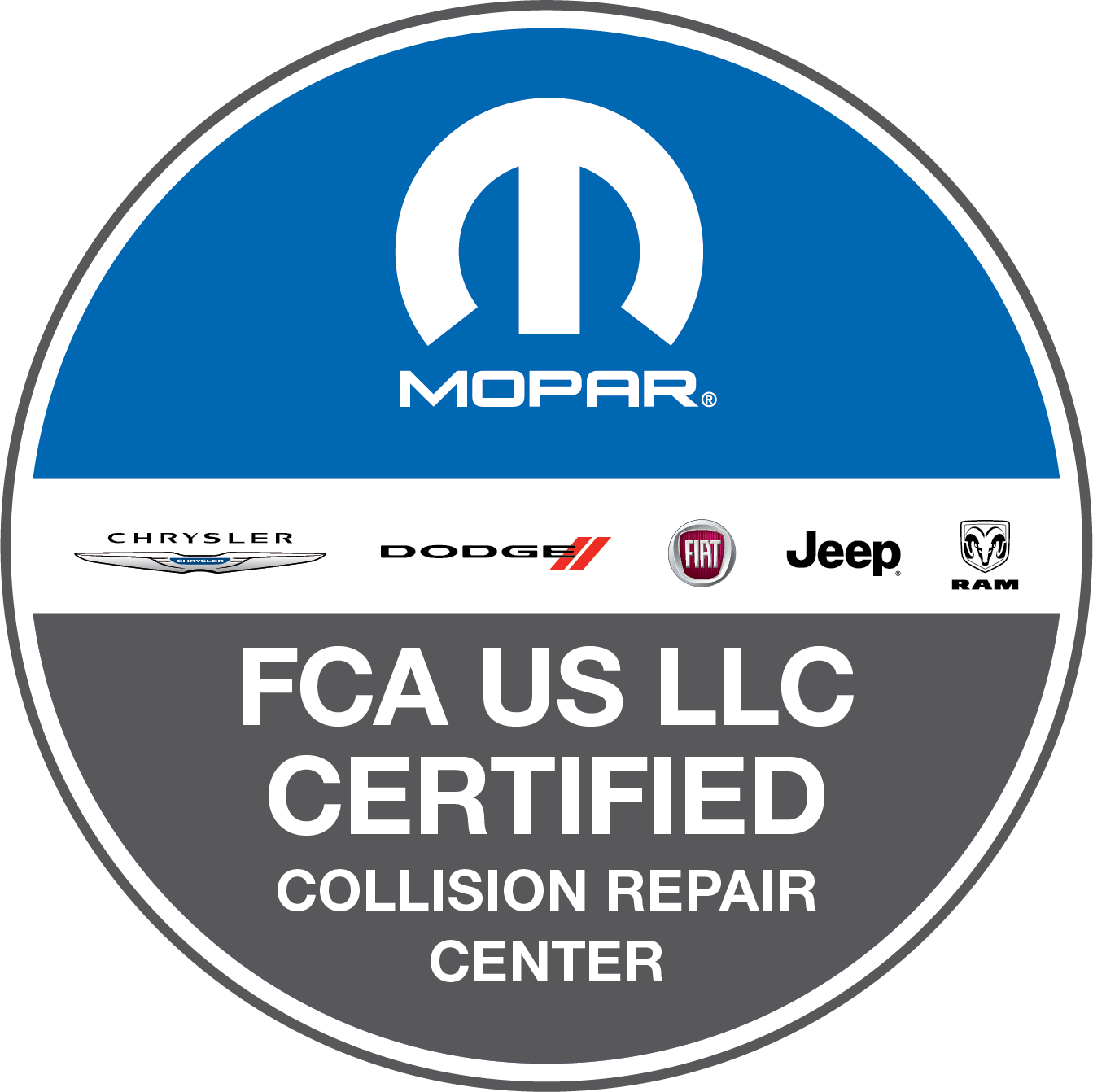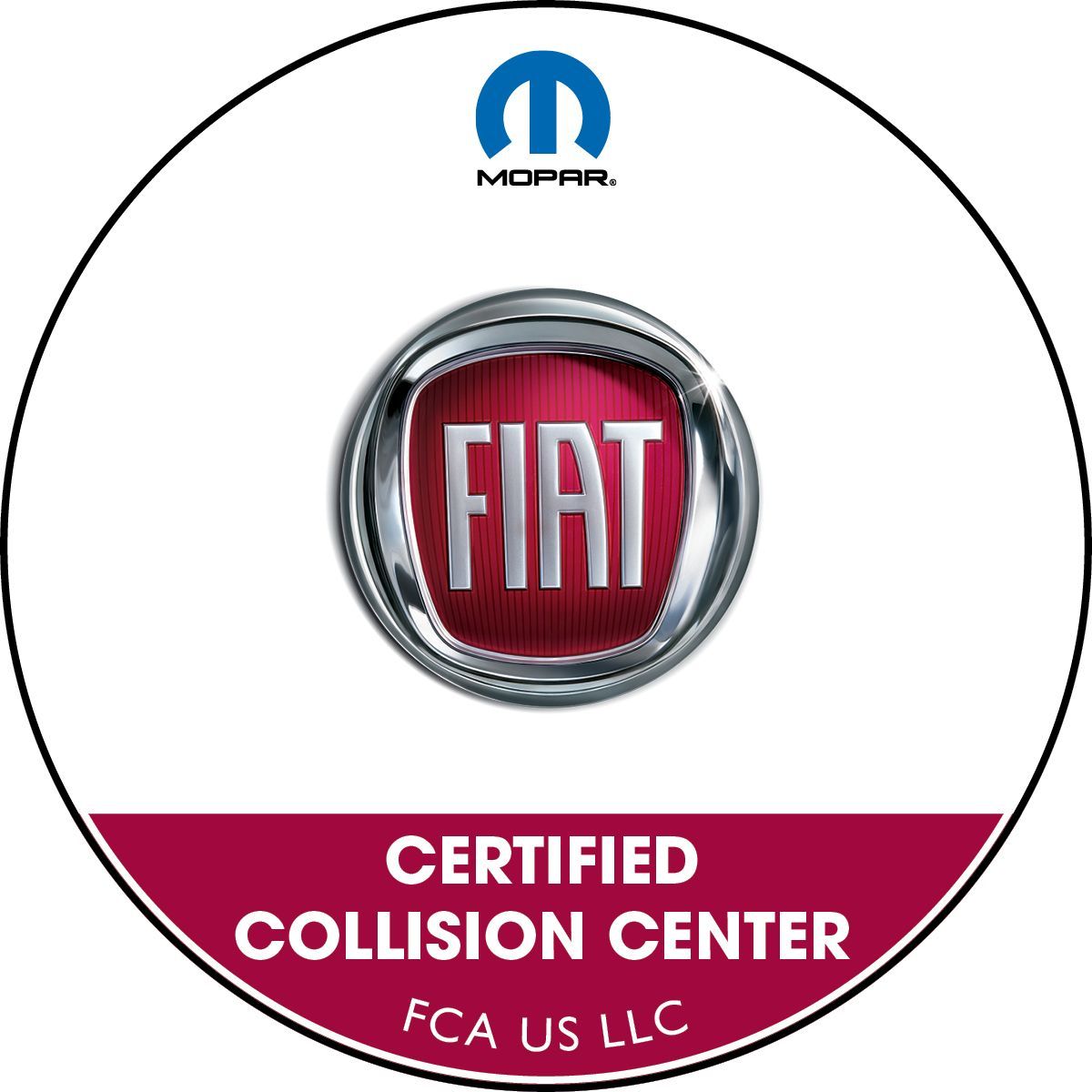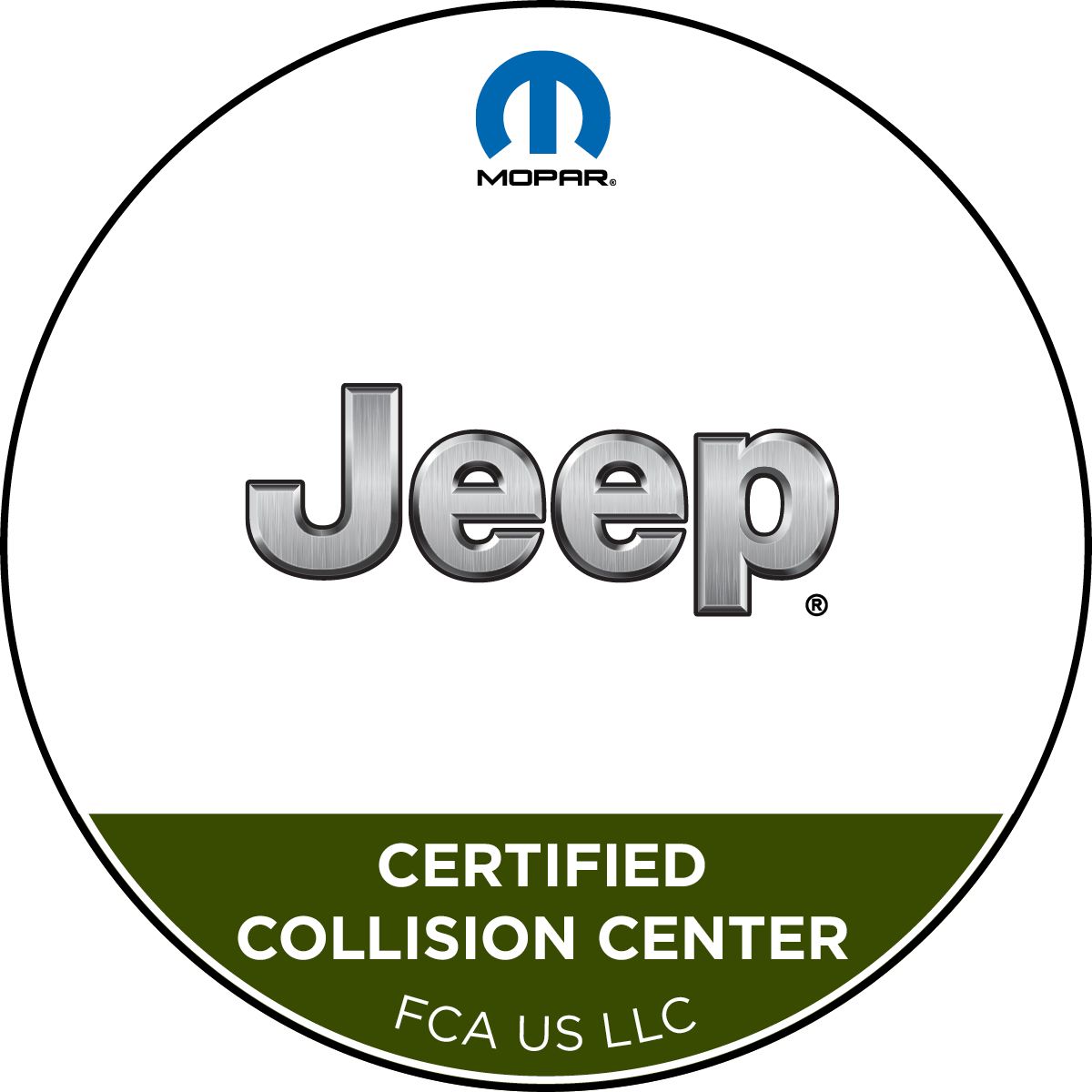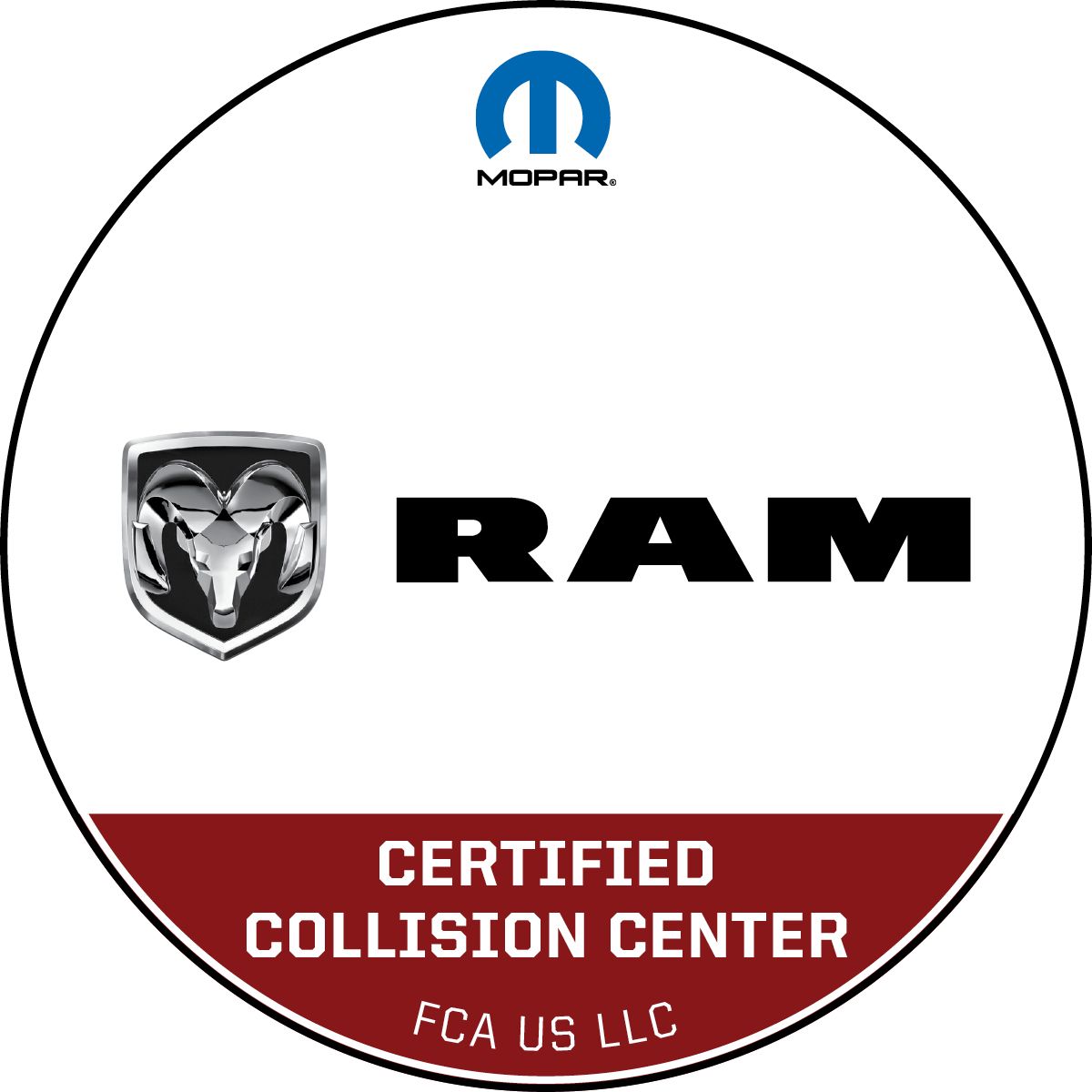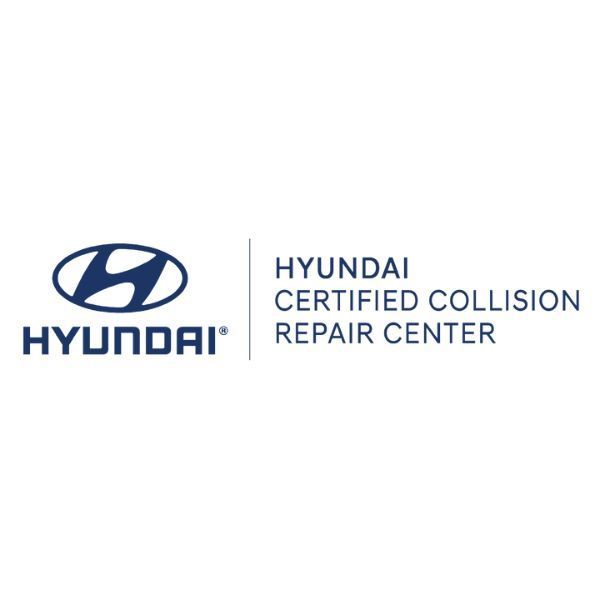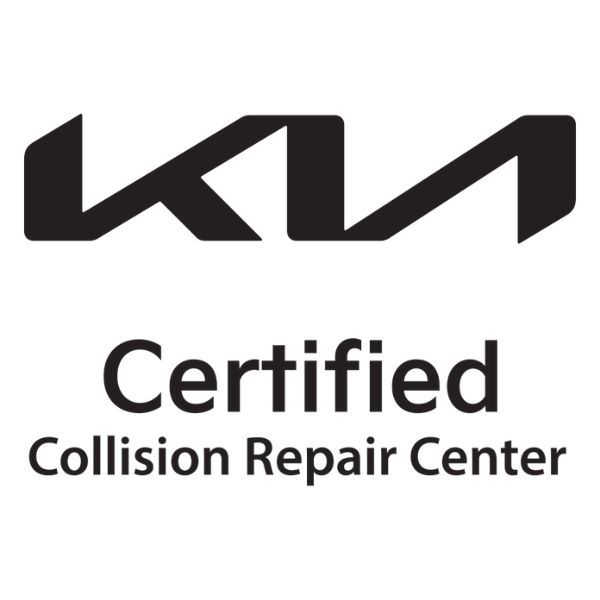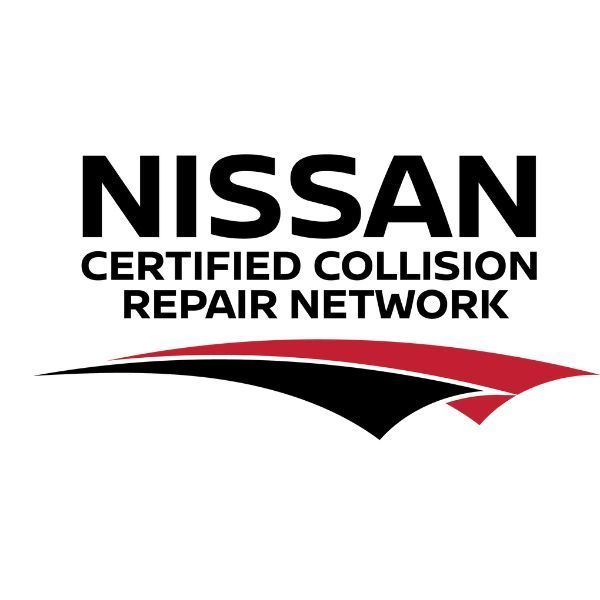The Types of Car Damage
Car accidents can happen in the blink of an eye, leaving behind a trail of damage. From minor scrapes to major structural issues, understanding the types of car damage is essential for both car owners and drivers.
Whether it's a minor fender bender or a severe collision, knowing about these damages can help you find the best collision center. From exterior to structural damages, we'll delve into the various types of car damage that can stem from an accident.
1. Exterior Damage
One of the most common types of car damage is exterior deterioration (impairments to the vehicle’s outer shell). Surface-level dents, scratches, and paint chips are examples of minor exterior damage, often caused by low-speed collisions or minor impacts.
While these issues may seem purely cosmetic, they can still affect the overall appearance and value of your car. On the other hand, severe accidents can result in crumpled panels, broken lights, and even shattered windows. This damage can impact your vehicle’s aesthetics while compromising its safety and functionality.
2. Structural Damage
Beyond the surface, car accidents can damage the vehicle's structure and frame. This scenario is particularly concerning, as structural damage isn’t often visible to the naked eye. This type of damage can compromise the car’s structural integrity, inhibiting its alignment, handling, and overall stability. Even seemingly minor accidents can result in bent frames or misaligned components, which can have long-term implications for your car's performance and safety.
3. Mechanical Damage
Car accidents can also cause mechanical damage, affecting the various systems that keep your vehicle running smoothly. From the engine and transmission to the suspension and brakes, a collision’s impact can disrupt many of these critical components.
Furthermore, damaged components could result in fluid leaks, engine misfires, braking responsiveness, and steering issues. Ignoring mechanical damage can lead to further complications down the road, impacting both the safety and reliability of your vehicle.
4. Airbag Deployment and Safety Systems
Modern cars are equipped with advanced safety features, including airbags and sensors. When an accident occurs, these safety systems spring into action to reduce their passengers’ impact.
However, while these systems are essential for minimizing injuries, their deployment can also damage a car’s interior. Additionally, these airbags need to be replaced following their deployment, and sensors may need recalibration. That’s why working with a collision center to ensure that all safety systems are in shape after an accident is crucial.
5. Electrical System Damage
Car accidents can also impact your vehicle’s electrical systems, leading to a range of issues that may not be immediately apparent. The force of a collision can disrupt the wiring, connectors, and sensors that contribute to various functions, such as lights, air conditioning, and even essential controls. Malfunctions in the electrical system can result in flickering lights, unresponsive dashboard indicators, or problems with the entertainment and navigation systems.
Our Technicians can Address any Car Damage
Car damage such as exterior dents and internal mechanical issues can stem from a fender bender. Promptly recognizing and addressing these damages is key to ensuring your vehicle’s safety, reliability, and value. So, finding and arranging professional collision repairs is essential to getting you and your loved ones back on the road. Remember, even seemingly minor damage should not be overlooked, as it can have far-reaching implications for your safety and performance.
With
an expert team like ours at Morrow Collision Center, your vehicle can be restored to its optimal condition. Our specialists can help you navigate any accident, coordinate any repairs, work with your insurance, and get back on the road.
Contact us today to set up a repair and drop-off so you can get back to what you do best.
Share
More Blog Posts
